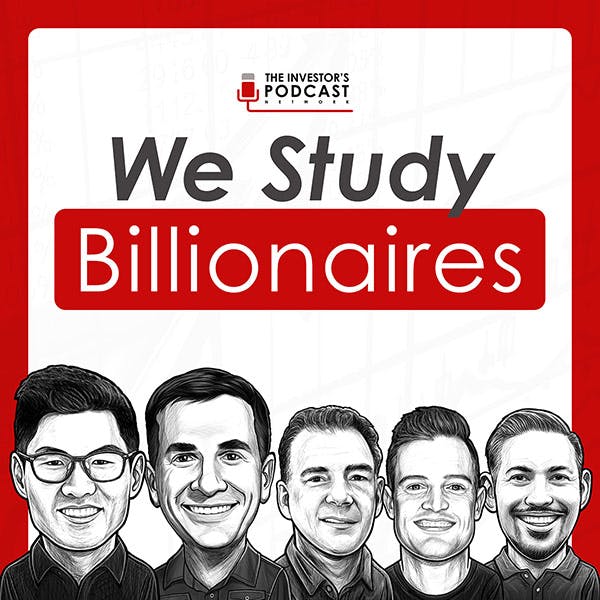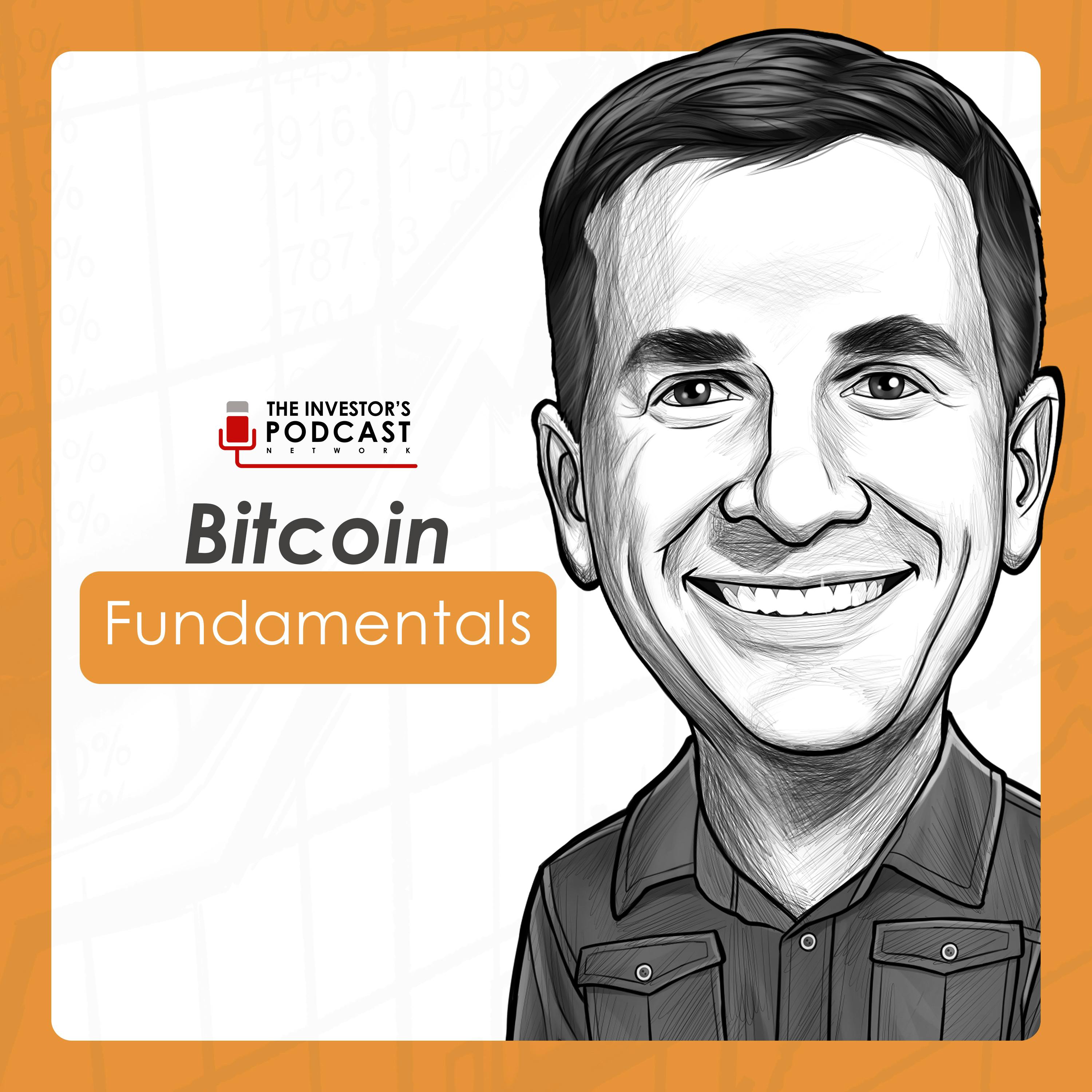
October 25, 2024 • 1hr 17min
TIP670: Sam Zell’s Secrets to Spotting Bargains & Managing Risk
We Study Billionaires - The Investor’s Podcast Network

Key Takeaways
- Professional Opportunist - Sam Zell viewed himself as a professional opportunist rather than just a real estate investor, looking for the best opportunities across any industry
- Risk Assessment - Zell focused heavily on understanding and managing downside risk in every deal, asking "what happens if everything goes wrong?"
- Contrarian Mindset - When others were running in one direction, Zell would look the other way for opportunities others missed
- Culture is King - Built a meritocratic culture focused on transparency, initiative, creativity, trust and alignment of interests
- Relationship Building - Emphasized building long-term relationships and leaving something on the table in every deal
- Timing the Market - Successfully timed major market cycles, including $39B sale of Equity Office in early 2007 before financial crisis
- Simple Philosophy - Focused on basic principles like supply/demand and keeping deals as simple as possible
Introduction
Sam Zell was a legendary billionaire investor known as "The Grave Dancer" for his ability to find value in distressed assets. Starting his career in real estate in the 1960s, he built a $5 billion fortune through savvy investments across multiple industries. He was founder and chairman of Equity Group Investments and helped establish the modern REIT industry. This episode reviews his autobiography "Am I Being Too Subtle?" and explores the key principles and experiences that drove his success.
Topics Discussed
Early Life and Background (07:38)
Sam's parents escaped Poland in 1939 just hours before Germans bombed the train tracks. This shaped his worldview that anything was possible:
- Parents sewed jewelry into clothes to preserve assets during escape
- Settled in Chicago where Sam was born in September 1941
- "The most important things his parents gave him weren't money - they passed down critical traits like intelligence, curiosity, drive, resilience and self-determination"
Early Entrepreneurial Ventures (12:08)
Even during college, Zell showed his entrepreneurial spirit:
- Started managing apartment buildings while still a student at University of Michigan
- Bought first property - a 3-unit building for $19,500 with $1,500 down in 1965
- Made $150,000 (equivalent to $1.1M today) while still in law school
- Key insight: "If you're not aware that you're not supposed to be able to do something, the barriers to do it are lessened dramatically"
The Grave Dancer Emerges (28:15)
Earned nickname "The Grave Dancer" for ability to resurrect distressed assets:
- Stopped buying assets in early 1970s anticipating market downturn
- Set up property management firm focused on distressed assets
- Bought $4B in assets between 1974-1977 with virtually no capital down
- "You can be a genius, but if there's a lot of competition, it won't matter. I've spent my career trying to avoid its destructive consequences."
Investment Criteria (32:46)
Had clear criteria for property investments:
- Price below replacement cost
- Well-located quality assets
- Deferred maintenance opportunities to improve properties and raise rents
- Focus on understanding and managing downside risk
Expanding Beyond Real Estate (33:36)
Diversified into other industries in the 1980s:
- Purchased Great American Management and Investment Corp (GAMI)
- Bought manufacturing companies like Eagle Industries
- Used tax loss carryforward strategy to maximize returns
- Key principle: Look for opportunities with limited competition
Building Company Culture (59:12)
Created distinctive corporate culture focused on meritocracy:
- Transparency - "Open kimono policy" with no secrets or closed doors
- Initiative - Empowered people to take risks and make decisions
- Trust - Gave significant responsibility quickly to those who earned it
- Loyalty - Many employees stayed 20-30 years
- "Culture can either inspire ideas or stifle them. It can lay the basis for relationships that last decades or flip through them like a deck of cards. It is the heartbeat of your company."
Key Business Principles (1:06:54)
Core philosophies that drove success:
- Be Ready to Pivot - Never let past experience limit future opportunities
- Keep it Simple - Focus on basic concepts like supply/demand
- Stay Open-Minded - Opportunities can come from anywhere
- Be the Lead Dog - Control your destiny by being market leader
- Do the Right Thing - Align ethics with investments
- Go All In - Commit fully to making things work
- "The minute you acknowledge that a problem is insurmountable, you fail. If you just assume there's a way through to the other side, you'll usually find it."
Conclusion
Sam Zell built an extraordinary career and fortune by seeing opportunities others missed, understanding risk deeply, building strong relationships, and creating an empowering corporate culture. His contrarian mindset, focus on simplicity, and commitment to doing the right thing provide valuable lessons for investors and entrepreneurs. Perhaps most importantly, he showed that success comes from believing in yourself and going all-in on your convictions while maintaining high ethical standards.
His legacy lives on through the many successful companies he built, the modern REIT industry he helped establish, and the entrepreneurship programs he funded. Sam Zell's story demonstrates that with the right mindset, principles and determination, extraordinary success is possible in any field.









